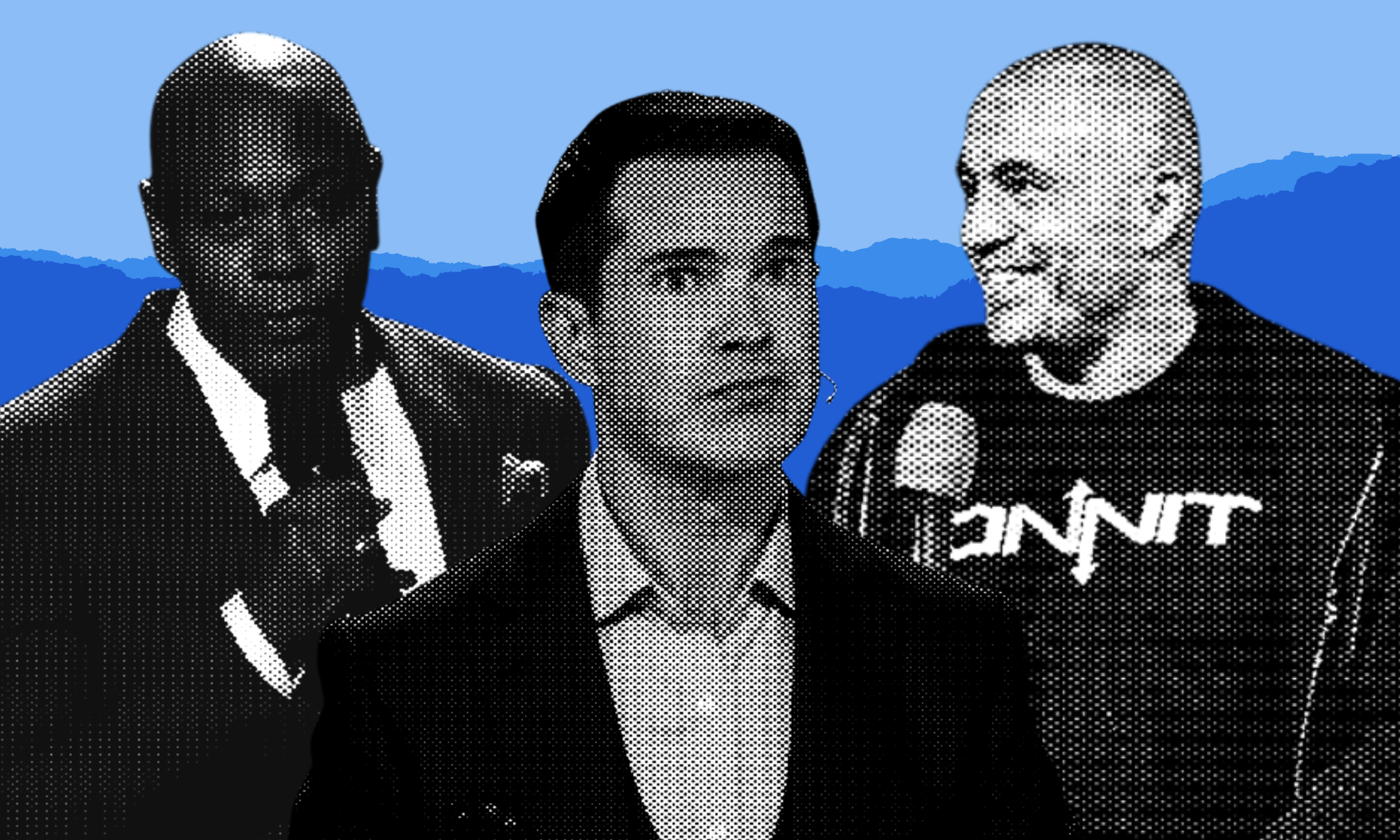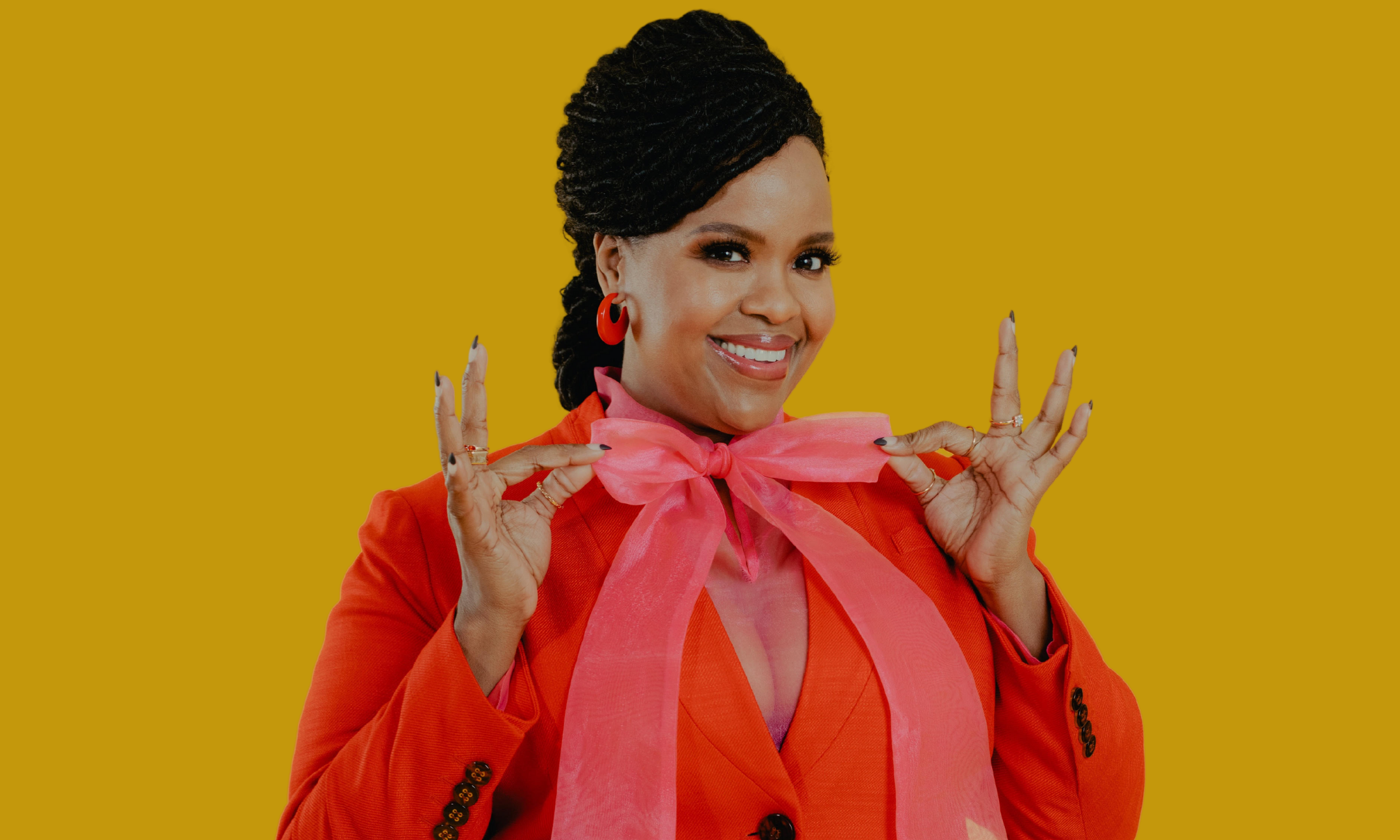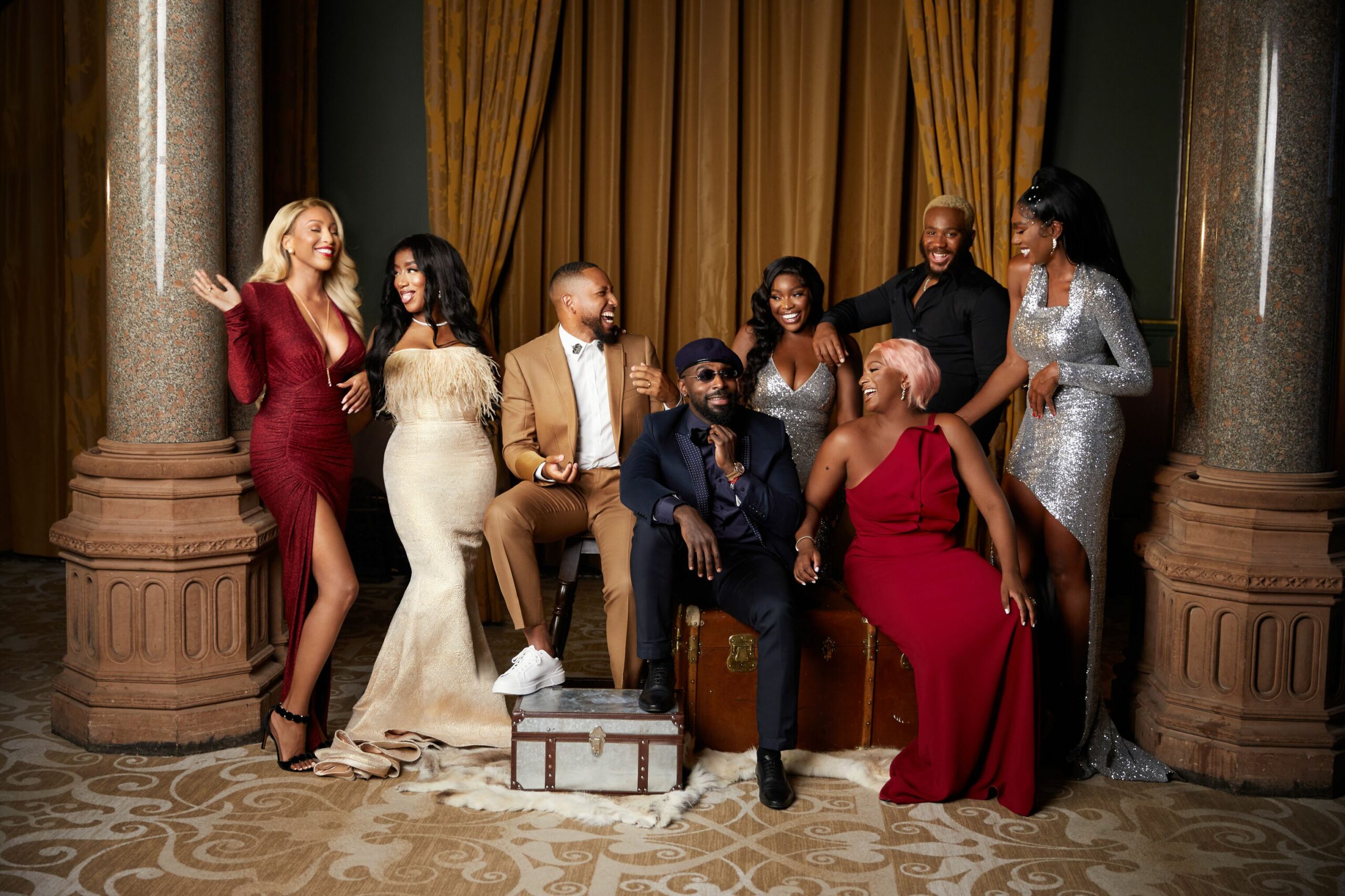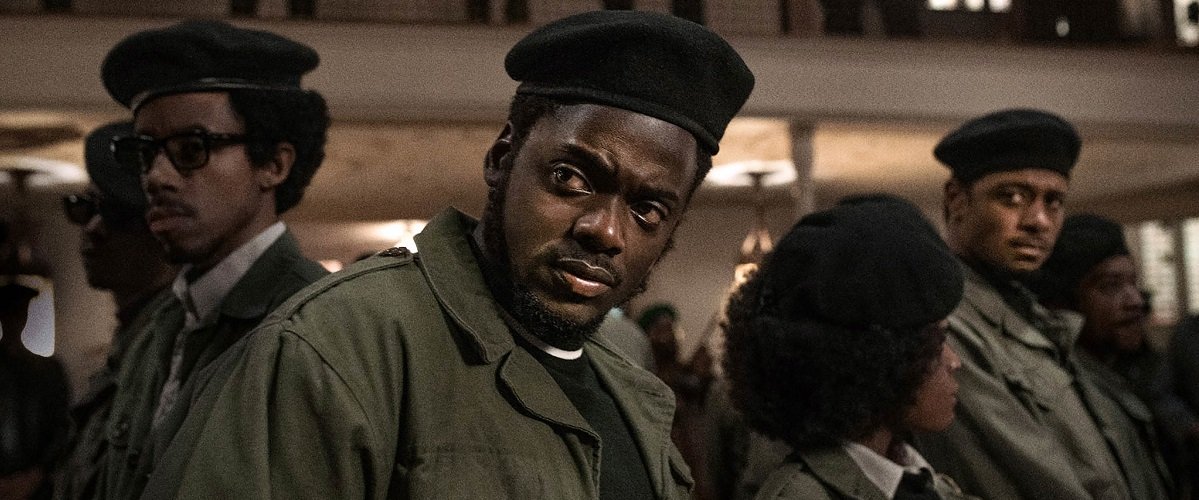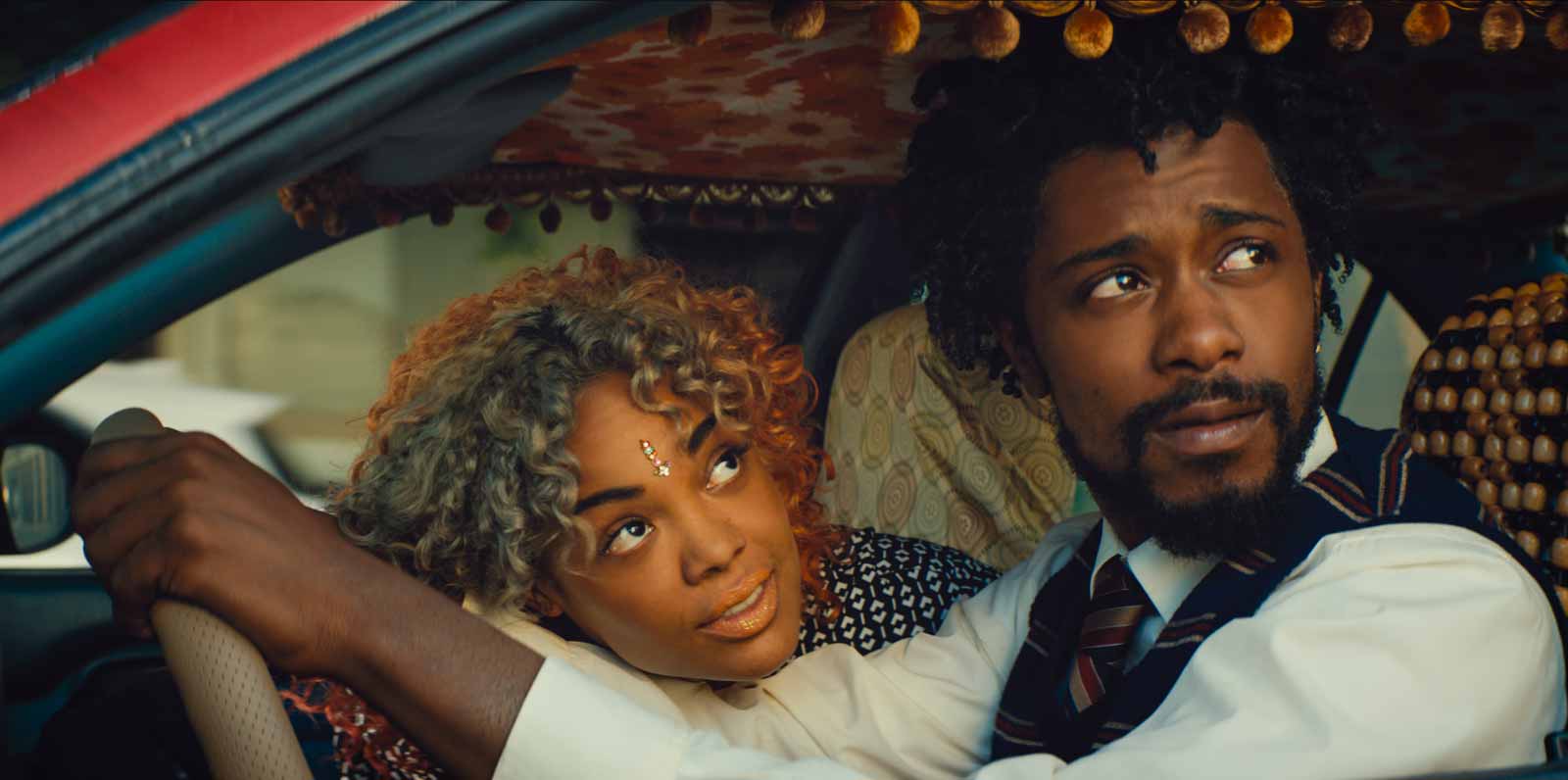
Image: Universal Pictures
Don’t be deceived – Sorry To Bother You is toying with us all. Boots Riley’s directorial debut was 2018’s most unapologetic critique on capitalism, oppression and systemic racism.
Riley’s fast-paced feature, full of WTF moments and twisted surrealist comedy will transport you on one hell of a ride. You’ll either love it or duck out at the first loop-the-loop, either way; you’ll never guess what’s coming around the corner. Because Sorry To Bother You shocks and surprises audiences with uncomfortable home truths society would rather ignore.
In a near-future dystopia in Oakland, down-on-his-luck Cassius “Cash” Green (Lakeith Stanfield) is struggling to make ends meet, four months behind on his rent and living out of his uncle’s garage with his fiancé Detroit (Tessa Thompson). Cassius is flunking his new job at scrummy telemarketers RegalView, until a call centre veteran compels him to “use your white voice”. After mastering this, Cassius rapidly ascends to the ranks of a “power caller”: an elite salesman who works on RegalView’s enigmatic top floor, reached only by gilded golden elevator; where secretive business is conducted, demanding “white voice” at all times.
As his exploited RegalView colleagues plan to unionise, Cassius distances himself, unwilling to jeopardise his newfound success that’s enabled him to pay back his uncle and afforded him a plush new apartment and car.
Cassius’ moral dilemma deepens when his new role working for RegalView’s top client WorryFree involves selling institutionalised slavery to people in exchange for lifetime employment, housing and food (A.K.A mind-numbing menial work and jail-like living quarters, serving slop 50 shades of beige).
Coincidentally, WorryFree, headed by a comically evil CEO, Steve Lift (Armie Hammer) is the organisation Cassius’ girlfriend is trying to expose, as a Left Eye activist. As Cassius becomes deeply embedded in a corporate conspiracy, he must choose between money and success, or his morals and ethics, which neither his girlfriend nor former colleagues will give up.
Riley shrewdly considers the complexities behind “selling out”, in the film’s practice of code switching, i.e. altering your persona for different audiences. From speaking more politely to our grandparents and conversing more crassly with friends, we all engage in code-switching to various extents. In corporate America many use performance to their advantage – because society dictates they must. A study from psycholinguist Shiri Lev-Ari revealed people are “less likely to believe something if it’s said in a foreign accent”, while an equally troubling study from Evolution and Human Behaviour revealed applicants with “black-sounding” names are less likely to get invited to an interview than candidates with “white-sounding” names.
Although white voice isn’t just about “talking proper” as Riley, a former telemarketer, elaborates: “It’s what white people think they’re supposed to sound like”, i.e. the antithesis of “racist tropes of blackness.” White voice’s facelessness is its irony, Riley toys with how race and its definitions can be performed. Besides, “white people also use and benefit from putting on their ‘white voice.’” Riley shows us it’s not as clear-cut as Cassius “selling out”, we can empathise with our protagonist’s humanised struggle, as an ordinary guy, fallen on hard times and striving for something better. Likewise, we understand why Cassius would want to turn a practice demanding you “relinquish a part of your identity”, into a vehicle for self-advancement.
It’s hard to discuss Sorry To Bother You without mentioning its infamous “N***** shit” rap scene, where Lift’s coterie force Cassius to rap onstage. Their disenchantment over Cassius’ inability to rap is a double-edged sword – they feel Cassius hasn’t just let them down, but his fellow race too. Only when Cassius begins chanting “N***** shit, n***** shit”, his audience ravenously parrot it back. This outrageous scene will stun audiences – only because it’s so close to the bone. Barely a year ago, footage of Victoria Secret Angel models singing along to “N***** in Paris” and saying the N-word went viral. As absurd as this scene seems, stranger things have happened…
WorryFree’s corporate greed mirrors the manner in which its employees consume black culture, as they shout back “n**** shit”, reclaiming another’s culture as their own. WorryFree chews up and spits out its labourers, similarly to how Lift’s circle almost deem Cassius irrelevant, until he performs their notion of blackness. Riley makes it clear, despite putting their best white voices first, Cassius and Mr. ___ (Omari Hardwick), Cassius’ nameless WorryFree boss, are only partially accepted by their peers and this could be jeopardised at any instant.
This is one of the film’s many surreal moments, ranging from Cassius literally dropping into his caller’s homes, midway through sex or sitting on the loo, to him stumbling upon a grotesque secret.
“‘Sorry To Bother You’ is part of the afro-surrealism movement, highlighting the disparity between the American dream and its reality”
Sorry To Bother You is part of the afro-surrealism movement, highlighting the disparity between the American dream and its reality, a movement recently revived in the genre-bending Get Out and Atlanta. The auction scene in Jordan Peele’s Get Out shows Chris being fetishsised by bidders for his natural athleticism and sexual virility, playing into all-too-familiar racist stereotypes. Stanfield’s appearance in Get Out as a whitewashed Andre amusingly considers performance and race. Equally, Atlanta’s subversive parody of Justin Bieber and season one’s B.A.N. featuring Harrison, a black teenager who identifies as a 35-year-old white man, shows Donald Glover deconstructing and distorting racial identity to make us question the world we inhabit.
“Sometimes the situation is so absurd that the only way to address it is to be absurd” Afrosurrealism writer D. Scot Miller acknowledges. In Sorry To Bother You, the film’s most popular TV show “I Got the Shit Kicked Out of Me!” shows contestants getting beaten to a pulp as a public maniacally laughs on. This critiques the lack of imagination behind reality TV shows which capitalise on contestant’s humiliation.
Similarly, cringe-worthy footage of Cassius breaking a picket line and getting a can flung at his head, by a white woman heckling “Have a Cola and smile, bitch”, goes viral and turns him into an internet sensation. This incident is a clever inversion of Kendall Jenner’s infamous Pepsi commercial, which exploited the Black Lives Matter movement and played into the white saviour trope – Riley employs a comedic veil to soften hard-hitting truths.
Any film described as an “absurdist dark comedy with magical realism and science fiction, inspired by the world of telemarketing” will guaranteed polarise audiences. But Sorry To Bother You is a revolutionary film which refuses to “stick to the script”, going beyond being about race and oppression, and making us question the extent to which we’re masters of our own fate. If there’s one take-away from this multifaceted film Riley acknowledges it comes at the end, because during the unjust and unstable times we live in, “the point is you keep fighting. And that’s the happy ending.”

